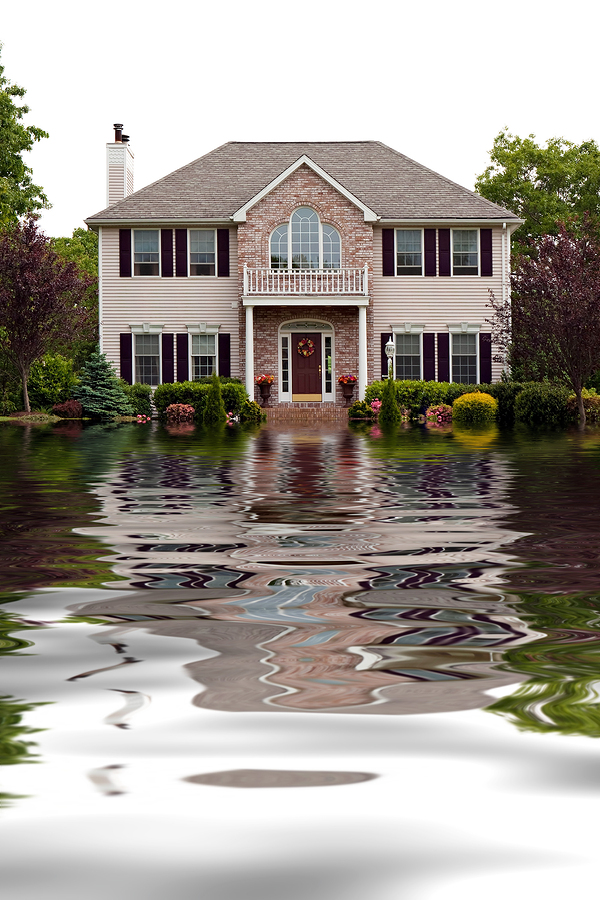Hurricane season means crushing floods that can be devastating to vehicles, businesses and homes, not to mention your air conditioner. With an expected four to eight inches of rain to the Raleigh, North Carolina, area, that much water can still do some damage to your outdoor air conditioning unit. Using your air conditioner with flooding can be a dangerous situation.
What to do During the Floods
First thing, you need go to your breaker panel to turn off the power to your air conditioner unit and from the thermostat—you should not use your air conditioning when it is in standing water or submerged in water.
An air conditioner that is still turned on while submerged can be an electrical shock hazard, which can be fatal, as an electrical current in the water around an air conditioner could transfer to other structures and transfer into your home. This can cause system damage and electrical jumping—which can ruin internal components.
Another concern of an air conditioner being used with standing water is if the air intake forces water into the air ducts, bringing water into the home and resulting in further damage.
What to do After the Floods
When the flood waters recede and it is safe to return to your home for clean-up, one of your first phone calls should be to Weather Master to schedule a technician to come out and inspect your air conditioner. (Note: Do not turn on your air conditioner before it has been inspected, even if the waters have completely receded from your home.)
While waiting for the HVAC technician, make sure that all electrical switches have been turned off, then try to remove excess water from around your unit. Also look into your homeowner’s insurance policy to see what your flood insurance will cover for your home—check to see if any repairs are covered under a claim. Prepare to have estimates done.
Your air conditioning technician will perform the following:
- Clean the coils
- Remove and check any electrical component for corrosion and faults
- Check the seal around the condenser fan motor
- Clean the compressor terminal to help prevent rust and corrosion build up
- Perform a complete tune-up and system check
Depending on the amount of water present and the length of time the unit was under water, you might need a new air conditioning system. Your Weather Master technician will be able to determine the amount of damage and provide an estimate, if needed.

